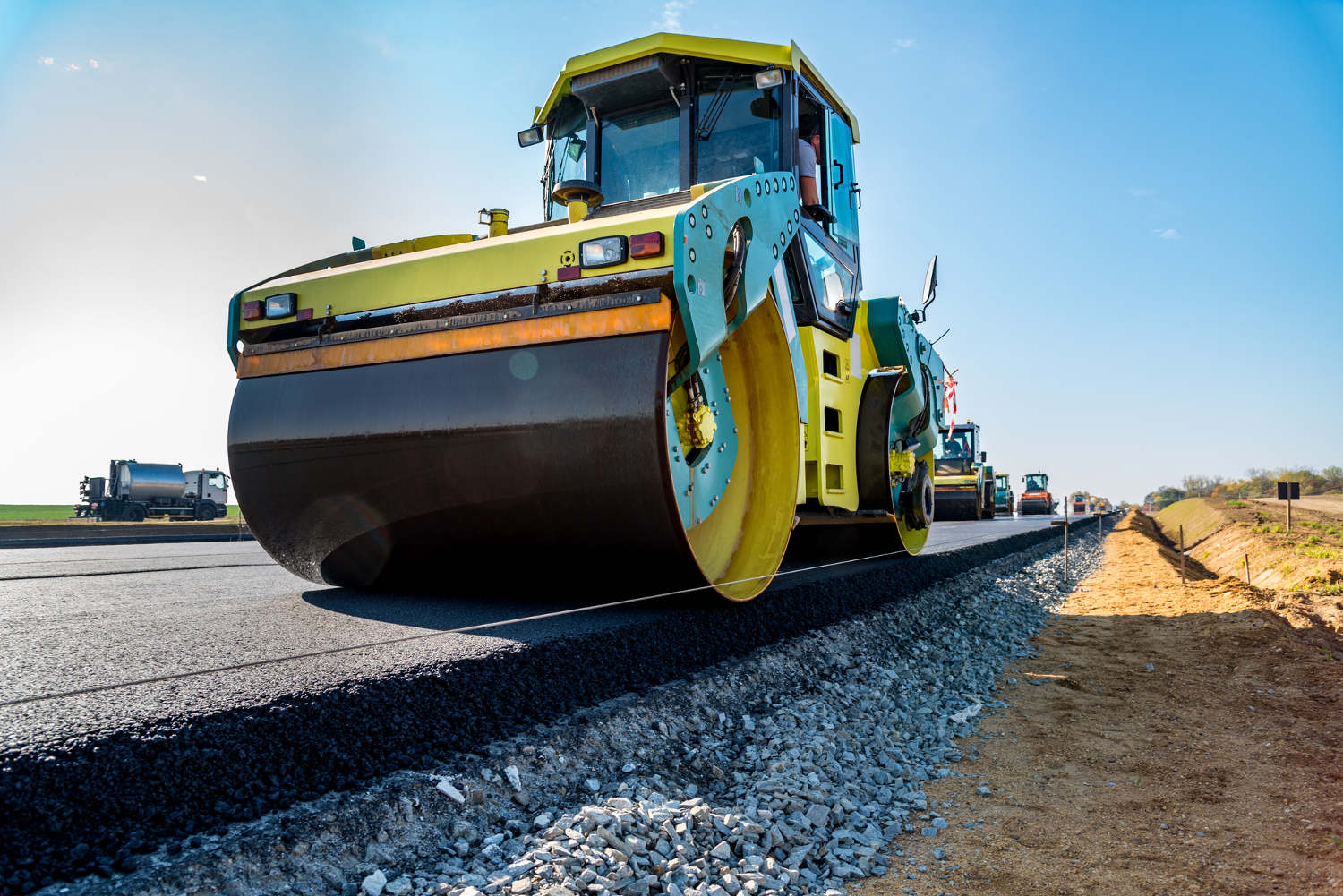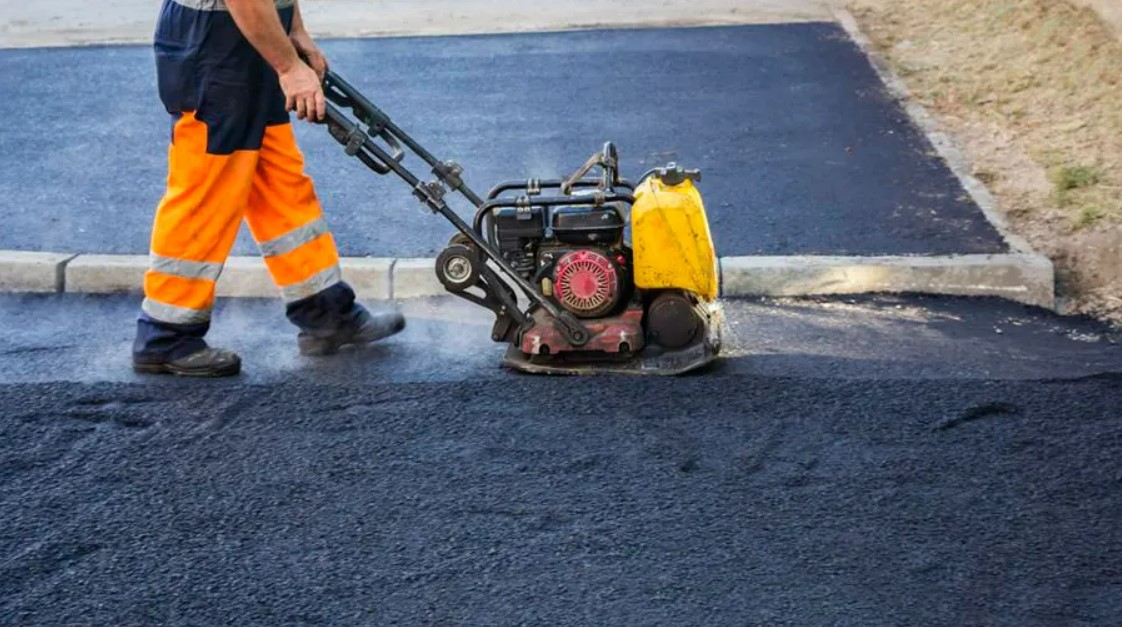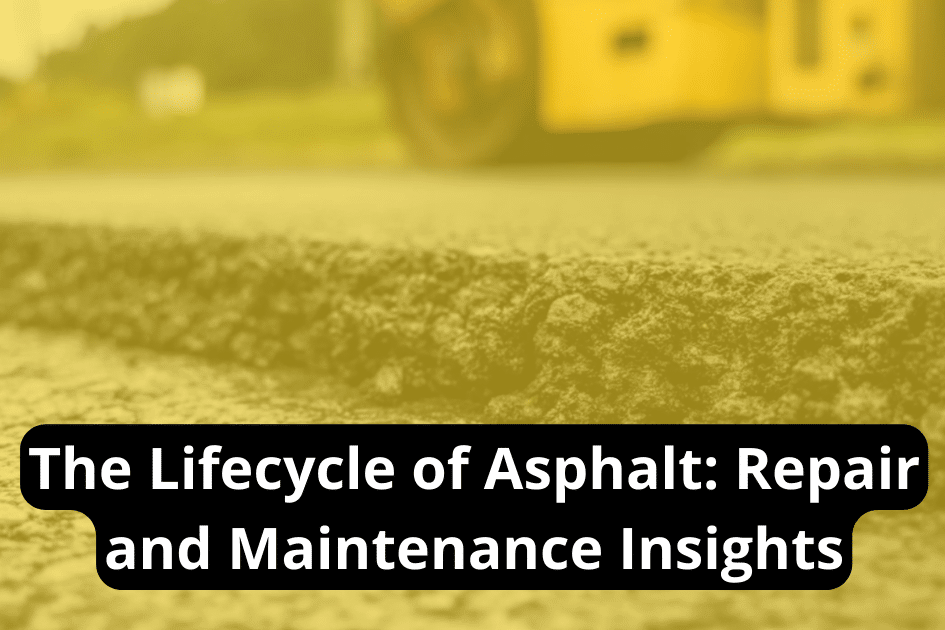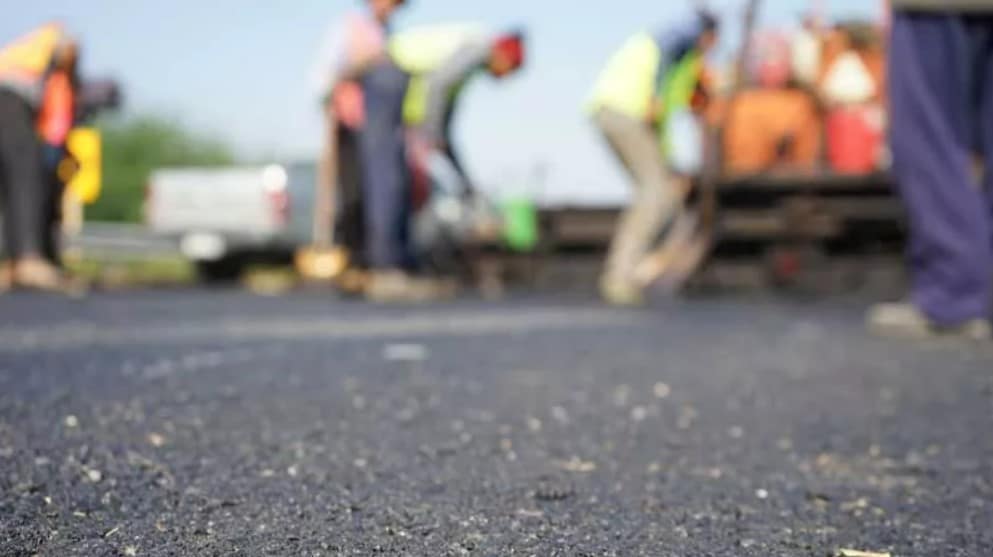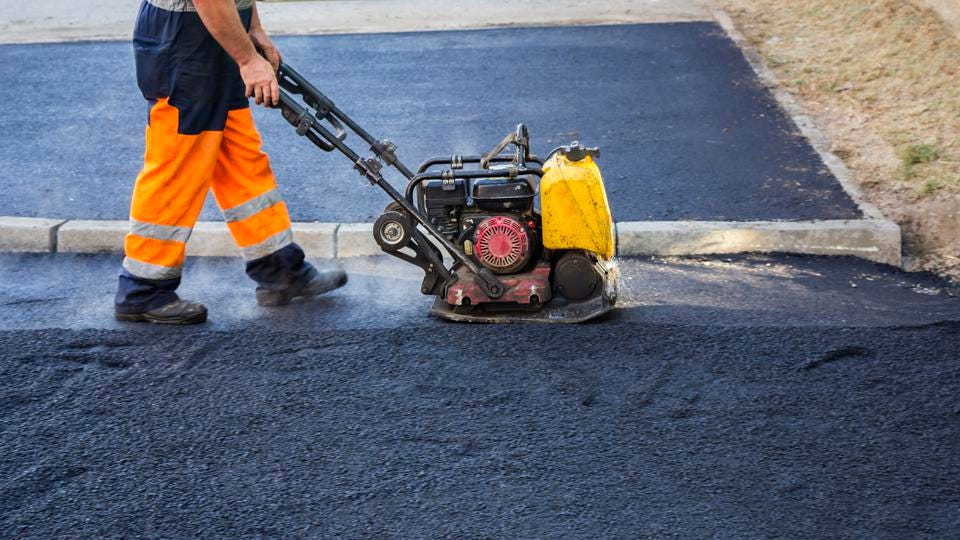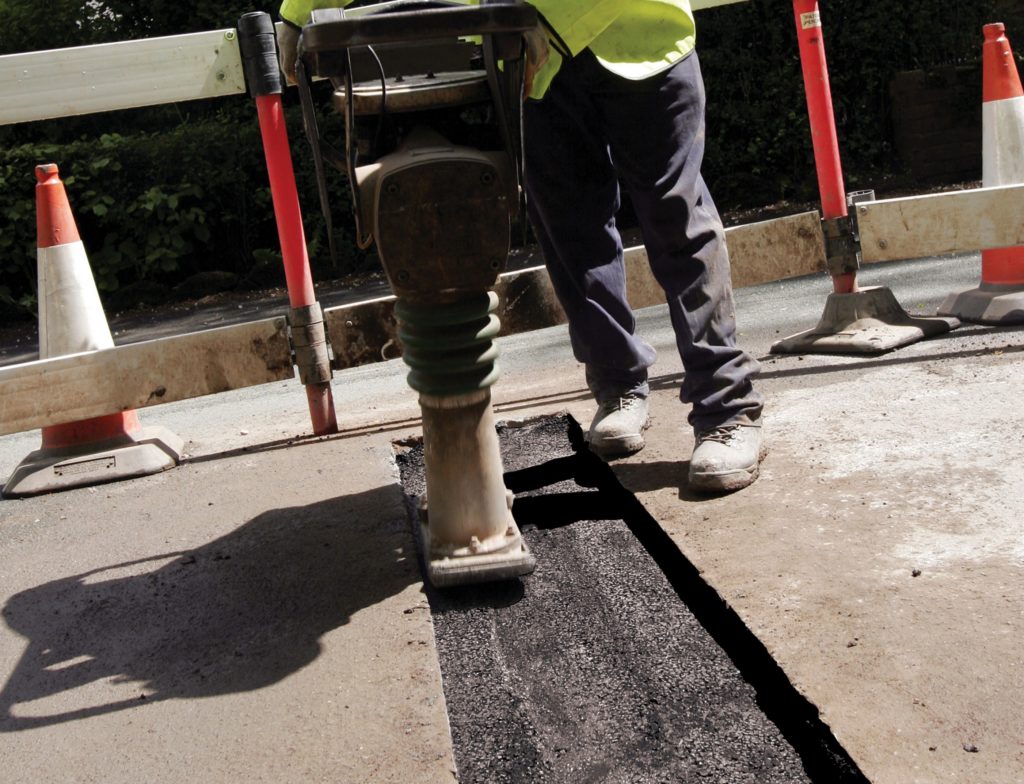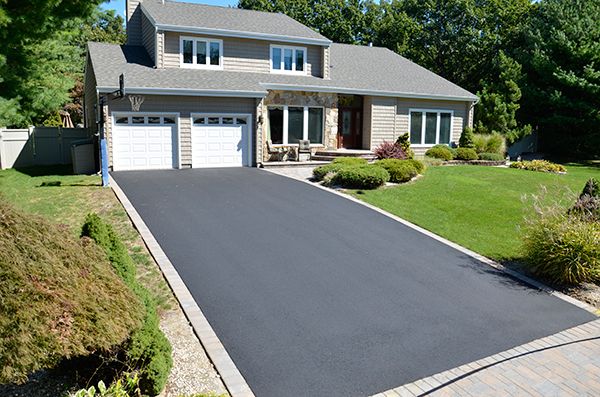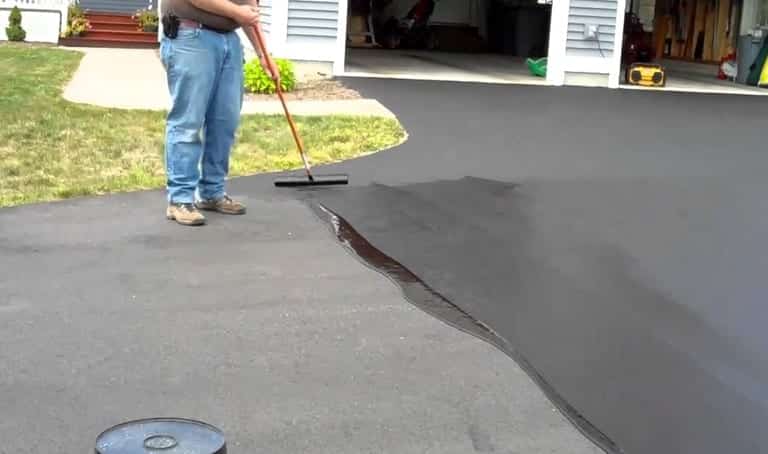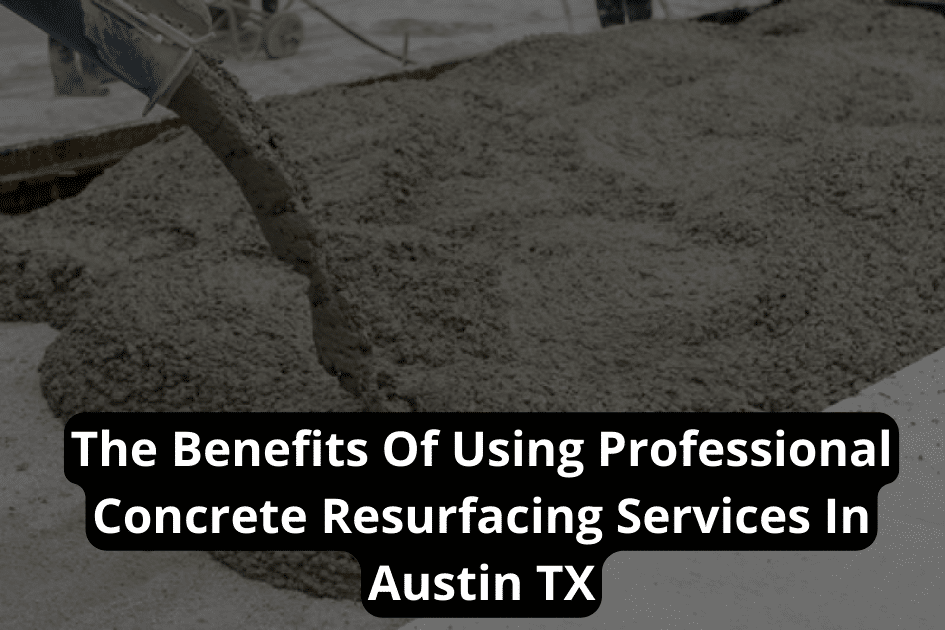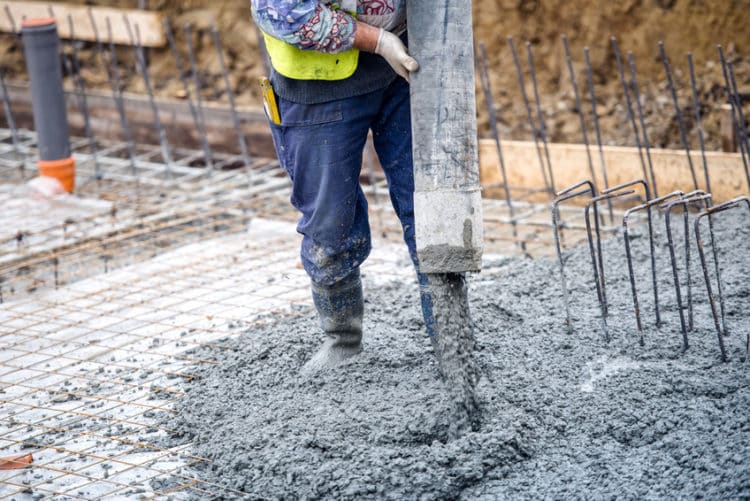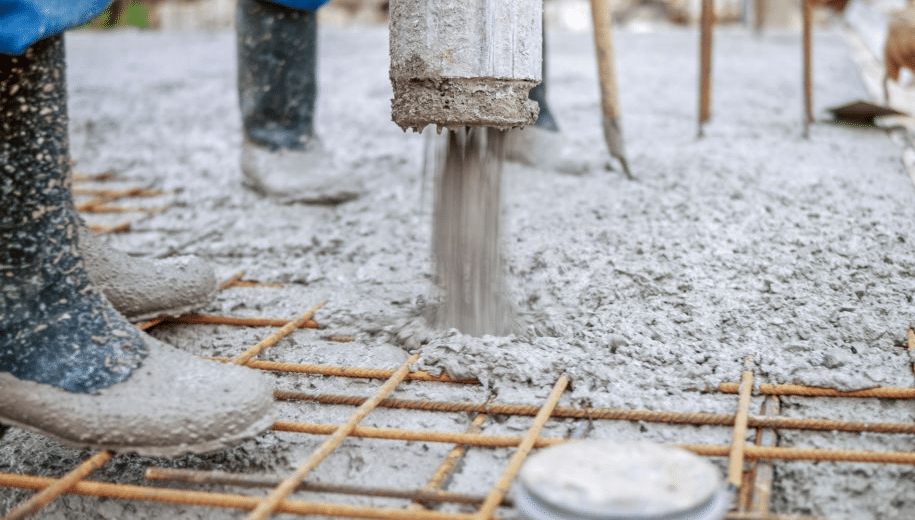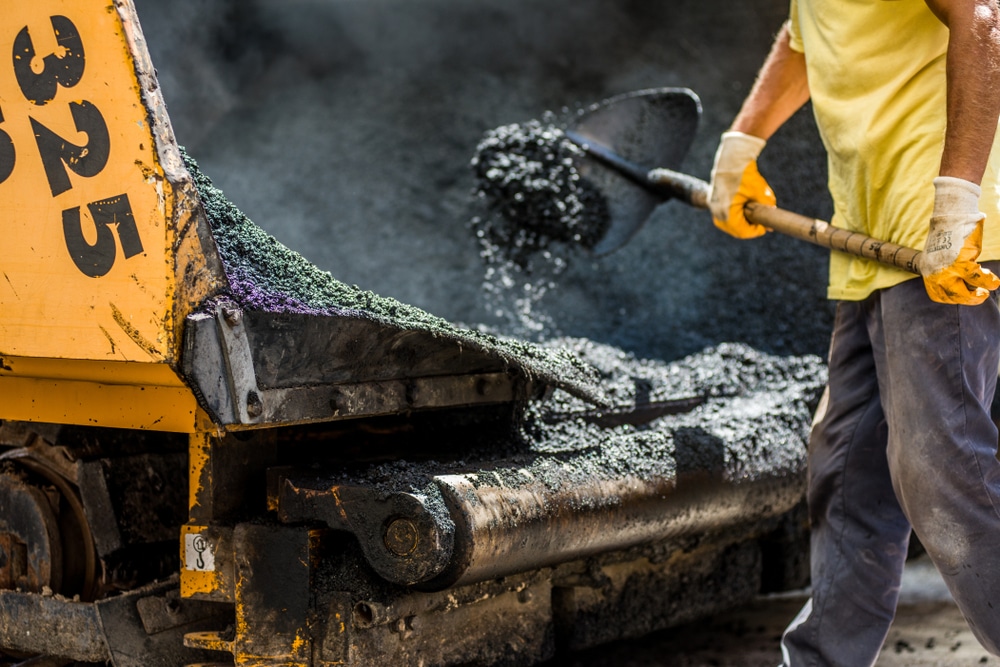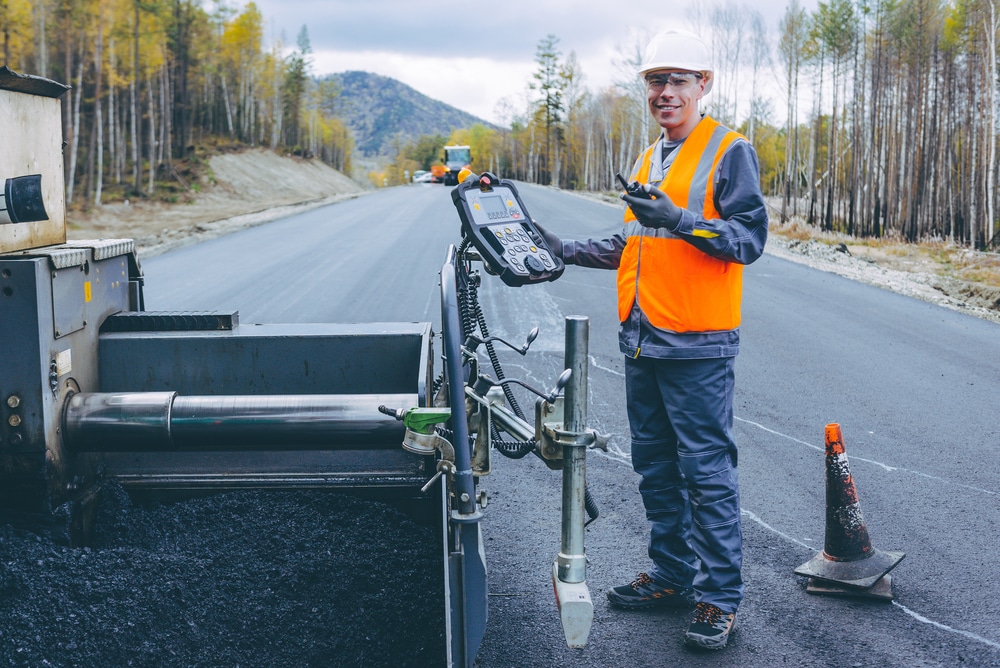
Unlocking Winter Asphalt Protection: Proven Strategies for Cold-Weather Resilience
As winter’s grip tightens, safeguarding your asphalt becomes paramount. Contractors Asphalt unravels the complexities, offering invaluable insights and winter asphalt protection strategies for a robust pavement in the freezing months.
Understanding the Impact of Cold Weather on Asphalt
Central Texas, with its diverse landscapes and vibrant culture, experiences unique weather challenges. Cold weather poses specific threats to asphalt, with the freeze-thaw cycle as a primary concern. Moisture penetration and subsequent expansion during freezing can lead to the formation of cracks and potholes. The application of de-icing agents also accelerates asphalt deterioration over time.
The freeze-thaw cycle is a relentless adversary during winter. As temperatures drop, moisture infiltrates the pavement. When this infiltrated moisture freezes, it expands, creating internal pressure that can lead to the development of cracks, fissures, and even potholes. Understanding this cycle is paramount for implementing effective preventive measures.
Implementing Protective Measures for Winter
1. Sealcoating:
Begin by applying a fresh layer of sealcoat before winter arrives. This proactive measure acts as a shield, preventing water penetration and reducing the risk of freeze-thaw damage. Contractors Asphalt specializes in precise and thorough sealcoating applications, ensuring your pavement is well-prepared for the challenges of winter.
Sealcoating stands as the frontline defense against the winter elements. By applying a fresh layer of sealcoat before winter arrives, you create a protective barrier on the asphalt surface. This shield prevents water from penetrating the pavement, significantly reducing the risk of freeze-thaw damage. Contractors Asphalt takes a meticulous approach to sealcoating, ensuring thorough coverage and optimal protection.
The Sealcoating Process:
Our sealcoating process involves several key steps:
- Surface Preparation: Thorough cleaning of the pavement to remove dirt, debris, and any existing sealcoat.
- Crack Filling: Addressing existing cracks to prevent water infiltration during winter.
- Application: Precise application of the sealcoat using professional equipment for even coverage.
- Drying Time: Allowing sufficient drying time to ensure the sealcoat forms a robust protective layer.
By adhering to these steps, Contractors Asphalt ensures that your pavement receives the maximum benefit from sealcoating, providing resilience against the challenges posed by cold weather.
2. Crack Sealing:
Promptly addressing any existing cracks is essential. Water seeping into cracks can freeze, causing them to widen and compromise the structural integrity of the pavement. Contractors Asphalt offers professional crack sealing services, utilizing industry-proven techniques and materials to keep your pavement intact and resilient.
Cracks in your pavement can be a gateway for winter-related damage. Promptly addressing these cracks is essential to prevent further issues. Water can seep into cracks, freeze, and cause them to widen, ultimately compromising the structural integrity of the pavement.
The Crack Sealing Process:
Our crack sealing process involves a systematic approach:
- Cleaning: Thorough cleaning of the cracks to remove debris and ensure proper adhesion of the sealant.
- Routing (if needed): Creating a well-defined channel to maximize the sealant’s effectiveness.
- Sealant Application: Using high-quality sealants to fill and seal the cracks effectively.
- Curing Time: Allowing sufficient curing time for the sealant to form a durable, flexible barrier.
Contractors Asphalt employs skilled technicians and industry-proven materials to execute crack sealing with precision. This proactive measure addresses vulnerabilities in your pavement, enhancing its resilience to winter challenges.
3. Snow and Ice Removal:
Efficient snow and ice removal are crucial for preventing slippery surfaces and safeguarding your asphalt. Contractors Asphalt employs effective snow removal strategies that prioritize safety while minimizing the use of de-icing agents that can be harsh on your pavement.
Efficient snow and ice removal are paramount for both safety and the protection of your asphalt. Slippery surfaces not only pose a risk to pedestrians and vehicles but can also contribute to the formation of ice patches that may accelerate asphalt deterioration.
Effective Snow and Ice Removal Strategies:
Timely Action: Prompt response to snowfall to prevent the formation of compacted snow and ice.
- Professional Equipment: Utilizing appropriate equipment for thorough and efficient snow removal.
- De-Icing Alternatives: Minimizing the use of traditional de-icing agents and exploring environmentally friendly alternatives.
- Surface Protection: Implementing measures to prevent damage to the pavement during snow removal.
Contractors Asphalt understands the delicate balance between safety and pavement protection. Our snow removal strategies are designed to mitigate the impact on your asphalt while ensuring safe and accessible surfaces during winter.
Dealing with Freezing Temperatures and Asphalt Repair
If your asphalt has already suffered winter damage, timely repairs are essential. Neglected potholes and cracks can lead to more extensive and costly issues over time. Reach out to Contractors Asphalt at 512-388-9968 or fill out the form below for a free quote on asphalt repairs in Austin and surrounding areas.
The Contractors Asphalt Advantage
Our seasoned team is committed to delivering high-quality asphalt and paving solutions customized to your needs. We comprehend the local climate and conditions, optimizing our services for the challenges posed by cold weather.
Don’t let winter compromise your asphalt surfaces. Rely on Contractors Asphalt for dependable and professional asphalt maintenance and repair services. Contact us today for a free quote and relish the peace of mind that comes with a well-protected pavement throughout the winter months.
Exploring Winter Asphalt Protection Strategies in Detail
The Freeze-Thaw Cycle: A Culprit for Asphalt Damage
As temperatures drop, the freeze-thaw cycle becomes a significant threat to asphalt surfaces. The process begins with moisture infiltration into the pavement. When this moisture freezes, it expands, creating internal pressure that can lead to cracks, fissures, and even potholes. Understanding this cycle is crucial for implementing effective preventive measures.
Importance of Sealcoating for Winter Defense
Sealcoating stands as the frontline defense against the winter elements. By applying a fresh layer of sealcoat before winter arrives, you create a protective barrier on the asphalt surface. This shield prevents water from penetrating the pavement, reducing the risk of freeze-thaw damage significantly. Contractors Asphalt specializes in precise and thorough sealcoating applications, ensuring your pavement is well-prepared for winter challenges.
Addressing Cracks with Professional Crack Sealing Services
Cracks in your pavement can be a gateway for winter-related damage. Promptly addressing these cracks is essential to prevent further issues. Water can seep into cracks, freeze, and cause them to widen, ultimately compromising the structural integrity of the pavement. Contractors Asphalt offers professional crack sealing services, utilizing industry-proven techniques and materials to keep your pavement intact and resilient.
Snow and Ice Removal: Enhancing Safety and Protecting Asphalt
Efficient snow and ice removal are paramount for both safety and the protection of your asphalt. Slippery surfaces not only pose a risk to pedestrians and vehicles but can also contribute to the formation of ice patches that may accelerate asphalt deterioration. Contractors Asphalt employs effective snow removal strategies that prioritize safety while minimizing the use of de-icing agents that can be harsh on your pavement.
Prompt Asphalt Repair for Winter-Damaged Surfaces
If your asphalt has already suffered the effects of winter, addressing the damage promptly is crucial. Potholes and cracks left unattended can lead to more extensive and costly issues over time. Contractors Asphalt understands the urgency of asphalt repair during the winter months. Whether it’s patching up potholes or addressing cracks, our team is equipped to handle repairs with precision and efficiency.
Why Choose Contractors Asphalt for Winter Asphalt Care
Choosing the right partner for winter asphalt care can make all the difference in the longevity and resilience of your pavement. Contractors Asphalt stands out for several reasons:
- Local Expertise: Our team is familiar with the local climate and conditions in Austin and surrounding areas. This knowledge allows us to tailor our services to the specific challenges presented by cold weather.
- Quality Service: We are dedicated to delivering high-quality asphalt and paving solutions. From sealcoating to repairs, our services are optimized for effectiveness and longevity.
- Prompt Response: Winter damage requires swift action. Contractors Asphalt understands the urgency of repairs and provides prompt response times to address your asphalt needs promptly.
Advanced Strategies for Winter Asphalt Protection
As the winter months set in, the challenges faced by asphalt surfaces become more pronounced. Contractors Asphalt recognizes the need for advanced strategies that go beyond standard practices, ensuring that your pavement not only withstands the harsh cold weather but thrives in these challenging conditions. Let’s delve into an expanded exploration of advanced winter asphalt protection strategies.
1. Thermal Analysis for Asphalt Resilience:
Understanding how asphalt responds to temperature variations is paramount for effective winter protection. Contractors Asphalt employs sophisticated thermal analysis techniques to assess the specific thermal properties within the asphalt mixture. This in-depth analysis allows for the creation of pavements that are more resilient to extreme cold. By precisely evaluating thermal characteristics, we optimize pavement composition, ensuring it can endure the challenges presented by freezing temperatures.
In addition to thermal analysis, Contractors Asphalt considers the unique thermal needs of specific areas within Austin and surrounding regions. Local climate variations play a crucial role in determining the optimal composition for asphalt resilience. By tailoring our approach to the intricacies of the local climate, we enhance the effectiveness of thermal analysis in creating robust winter-ready pavements.
2. Innovative De-Icing Solutions:
Traditional de-icing agents, while effective, can contribute to asphalt deterioration over time. Contractors Asphalt is committed to exploring and implementing innovative and environmentally friendly de-icing solutions. These alternatives not only enhance safety on winter surfaces but also minimize the impact on the longevity of your asphalt.
One cutting-edge approach is the utilization of bio-based de-icing solutions. These environmentally friendly alternatives reduce the ecological footprint while effectively preventing ice formation on asphalt surfaces. By adopting innovative de-icing methods, Contractors Asphalt ensures your pavement remains protected without compromising its structural integrity.
3. Cold-Weather Asphalt Mixtures:
Proactively addressing the unique challenges of cold weather involves the use of asphalt mixtures specifically designed for such climates. These specialized mixtures are formulated to withstand freezing temperatures, significantly reducing the risk of cracks and potholes during winter.
Contractors Asphalt places a strong emphasis on selecting and applying the most suitable cold-weather asphalt mixtures. The choice of asphalt mixture is not one-size-fits-all, and our expertise lies in tailoring the mixture to the specific needs of the region. By combining advanced knowledge of asphalt materials with a nuanced understanding of local climate conditions, we ensure your pavement remains durable and functional even in the coldest months.
4. In-Depth Frost Heave Prevention:
Frost heave, characterized by the upward expansion of frozen water beneath the pavement, can lead to uneven surfaces and structural damage. Contractors Asphalt employs comprehensive frost heave prevention strategies. This involves meticulous base construction and drainage systems to mitigate the impact of frost heave.
Our approach extends beyond basic preventive measures. By conducting thorough site evaluations, we identify areas prone to frost heave and implement targeted solutions. This proactive strategy ensures that your pavement is fortified against the specific challenges posed by frost heave, contributing to its overall resilience during the winter months.
5. Winter Asphalt Maintenance Tips:
a. Regular Inspections:
Frequent inspections during winter are pivotal for maintaining the health of your pavement. Our comprehensive inspection services go beyond identifying existing issues. We proactively assess potential concerns, allowing for timely intervention to prevent minor problems from escalating into major challenges. Regular inspections are a cornerstone of our commitment to keeping your pavement in top condition throughout the cold season.
To expand on this, Contractors Asphalt introduces advanced inspection technologies such as infrared thermography. This technique allows for a detailed analysis of the pavement’s thermal properties, identifying hidden issues that may not be visible to the naked eye. By integrating cutting-edge technologies into our inspection process, we provide a more thorough assessment of your pavement’s condition.
b. Timely Repairs:
Prompt repairs remain a cornerstone of effective winter asphalt maintenance. Whether it’s patching up small cracks or addressing more extensive issues, Contractors Asphalt prioritizes timely interventions to maintain the longevity and functionality of your pavement. Our skilled team understands the urgency of addressing winter damage promptly, preventing further deterioration and costly repairs.
Building on this, Contractors Asphalt introduces predictive maintenance techniques. By leveraging historical data, weather forecasts, and advanced analytics, we anticipate potential issues before they manifest. This forward-looking approach allows us to address concerns proactively, minimizing the impact of winter-related damage.
c. Seasonal Sealcoating:
As seasons change, so do the demands on your pavement. To adapt to these variations, Contractors Asphalt recommends a proactive approach with seasonal sealcoating. This involves periodic applications of high-quality sealcoat to reinforce your pavement’s defenses against changing winter conditions. This proactive measure significantly reduces the risk of freeze-thaw damage, providing a robust shield against the harsh effects of cold weather.
Expanding on this, Contractors Asphalt introduces innovative sealcoating formulations tailored to winter challenges. These formulations incorporate advanced polymers and additives designed to enhance flexibility in low temperatures. By utilizing state-of-the-art sealcoat materials, we ensure that your pavement is not only protected against the typical wear and tear of winter but also benefits from an extra layer of resilience.
Educational Resources
In our commitment to fostering a proactive partnership with property owners, Contractors Asphalt places a strong emphasis on providing comprehensive educational resources. We believe that informed clients are empowered clients, capable of actively participating in the preservation and maintenance of their asphalt surfaces, not only during winter but throughout the year.
1. Informative Blogs:
We regularly publish articles that delve into various aspects of asphalt care, especially tailored to the challenges posed by winter weather. These articles cover topics such as the impact of freeze-thaw cycles, the importance of timely repairs, and the benefits of proactive measures like sealcoating. Our goal is to equip property owners with a deeper understanding of asphalt dynamics, enabling them to make informed decisions about their pavement’s well-being.
2. Tailored Consultations:
Recognizing that each property has unique characteristics and challenges, we offer tailored consultations to address specific concerns. Whether it’s discussing the particularities of a pavement structure or providing guidance on winter maintenance strategies, our team is dedicated to providing personalized support. These one-on-one consultations serve as an opportunity for property owners to deepen their knowledge and receive advice aligned with their specific circumstances.
Our expanded educational resources aim to create a community of property owners who are not just recipients of asphalt services but actively engaged stewards of their pavement’s health. By providing a wealth of knowledge through various mediums, Contractors Asphalt strives to ensure that our clients feel confident and well-prepared to navigate the challenges of winter and beyond.
Conclusion
Mastering winter asphalt protection involves a multifaceted approach, encompassing initial construction considerations, ongoing maintenance strategies, and staying at the forefront of technological advancements. Contractors Asphalt goes beyond standard practices, incorporating cutting-edge techniques and demonstrating a commitment to tailored solutions for the unique challenges presented by cold weather.
As the winter season approaches, entrust your asphalt surfaces to the expertise of Contractors Asphalt. Our comprehensive consultation services, combined with specialized winter asphalt protection, ensure the resilience and longevity of your pavement. By partnering with Contractors Asphalt, you’re not just investing in asphalt services; you’re investing in the longevity, safety, and durability of your pavement, even in the harshest winter conditions.
This expanded guide covers essential aspects of winter asphalt protection, offering an extensive roadmap to navigate the cold months with resilience. For further insights, personalized recommendations, and ongoing support, contact Contractors Asphalt, your trusted partner in asphalt excellence at 512-388-9968.


